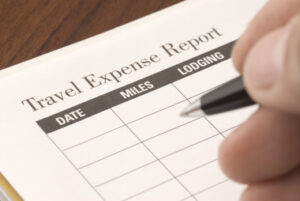Property taxes fund essential services such as roads, schools, public transportation, parks and emergency services in your community. Levied by city, county and school districts, these taxes combine to create a total tax rate, which is multiplied by your property’s assessed value to determine your tax bill.
Your property includes the land you own and any attached structures, such as a house. The value of your real property determines the amount of tax you owe, and rates vary by location. Vacant land typically has a lower assessed value unless it has access to public utilities such as sewer, water or gas.
Tax assessments, which are public record, are conducted annually or less frequently depending on the community. Assessors use one or more methods to determine market value:

- Sales evaluation: Compares similar properties in your area with respect to condition, improvements and marketability.
- Cost method: Estimates the cost to replace the property, accounting for depreciation.
- Income method: Evaluates the potential rental income, considering maintenance and other costs.
The total tax rate, known as the mill levy, represents the combined rates from all taxing authorities. One mill equals $1 for every $1,000 of assessed value. For example, a property with a 4.5% total mill levy (or 45 mills) would owe $4,500 on an assessed value of $100,000.
Escrow can help
Many homeowners pay property taxes through an escrow account linked to their mortgage, ensuring payments are made on time. Alternatively, taxes can be paid directly, but missed payments may result in a lien on your property. The schedule for paying taxes can vary from monthly to semiannually to annually, depending on where you live.
Property taxes account for a significant share of U.S. tax revenue — 10.6% in 2022. The Census Bureau’s quarterly summary of state and local tax revenue shows a 1.3% increase in property taxes paid in the fourth quarter of 2023, rising from $769.2 billion to $778.9 billion.
While you are allowed to deduct property taxes on your federal return, there are limitations to this deduction as well as variations based on location. Consult a tax professional for guidance tailored to your situation.



